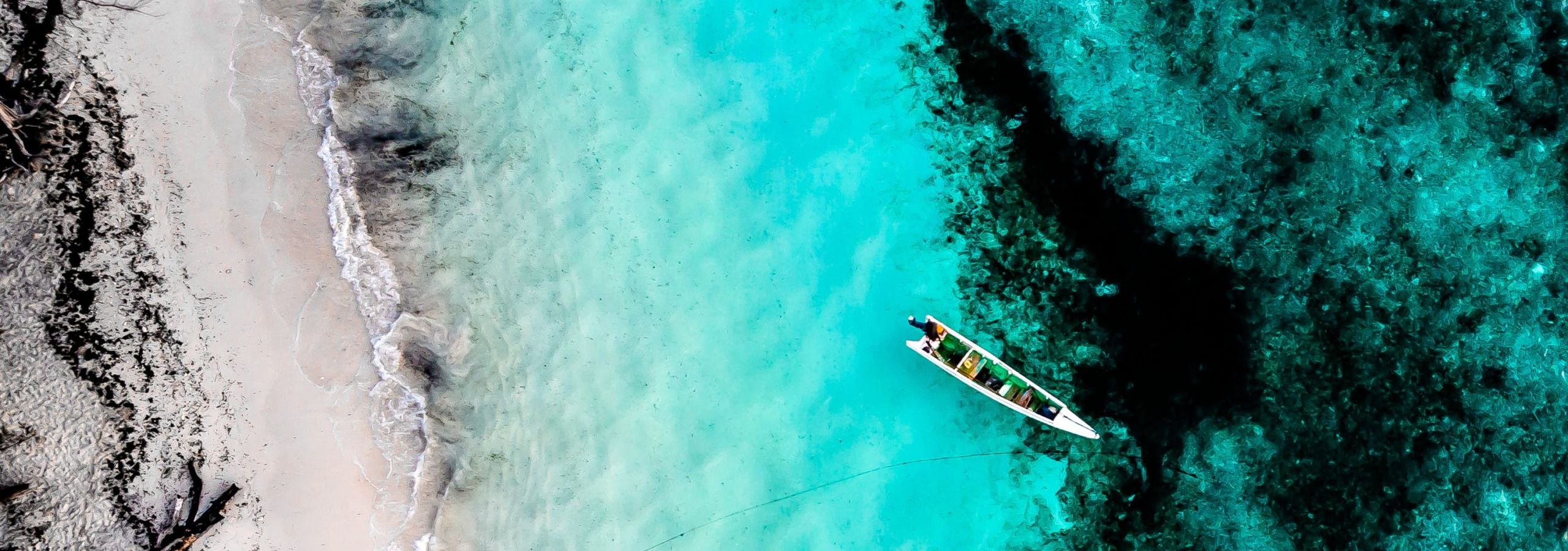
Learn about the Wawata Topu – Mermaids of Timor-Leste
Almost every culture around the world has a story about mermaids. Whether it’s the sirens of Greek mythology, the ocean spirits of African folklore, or the supposed sightings in the Caribbean by Christopher Colombus. These mysterious creatures have been blamed for floods, shipwrecks, and mysterious ocean disappearances for centuries now. However, perhaps the most interesting story of mermaids is found on the small island nation of Timor-Leste. Situated near Indonesia and Australia, this vibrant country has a different kind of mermaid. The Wawata Topu is the name given to the group of women divers in Timor-Leste who have taken to the seas to provide for their families. Though this seems tame, it’s actually an incredible story that was the subject of an award-winning documentary. To truly understand the influence these women have on culture in Timor-Leste, you first must understand the importance of fishing to the communities of this incredible country.
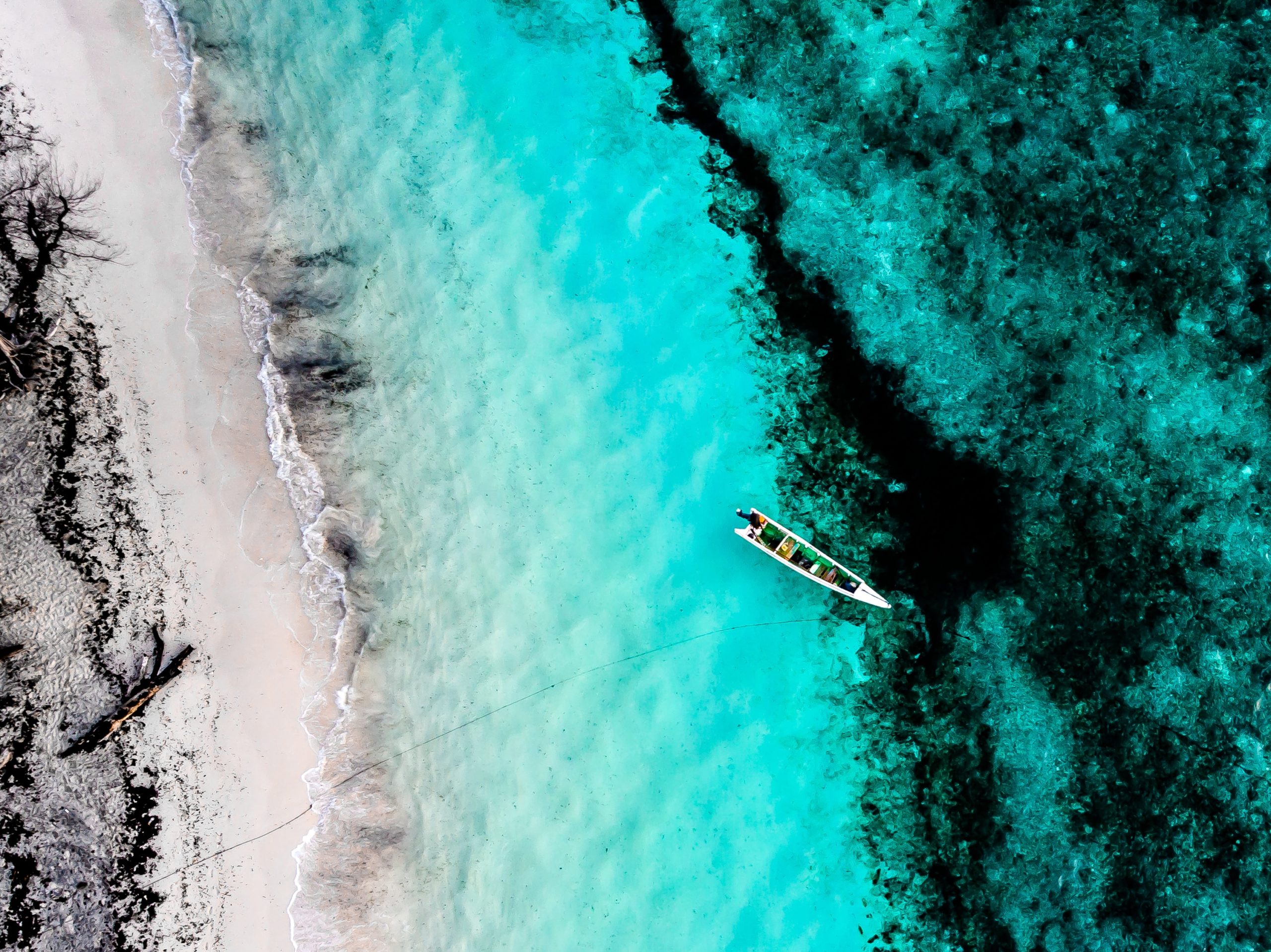
Billions of people rely on the ocean and its resources
About 40% of the global population lives within 100km of coastline, with billions of people directly dependent upon the ocean for their livelihoods. For about 12 island nations, including places like Palau, Mauritius, and Tonga, fish is the top export of the country. Fishing and the fish industry are one of the few ways people on remote islands in such countries can make a living and provide for their families. Besides contributing to food security and generating income for developing countries, small-scale fishing is also environmentally friendly compared to commercial and large-scale fisheries. However, small-scale fishers are affected by climate change and imbalances in the ecology the most. In 2014, the United Nations established Guidelines for Securing Sustainable Small-Scale Fisheries. This is an effort to hopefully make these local and remote small hatcheries more common. It also provides an outline for workers’ rights and environmental sustainability. In future years, the fishing industry should hopefully be a properly regulated and funded sector of the economy in these remote parts of the country.
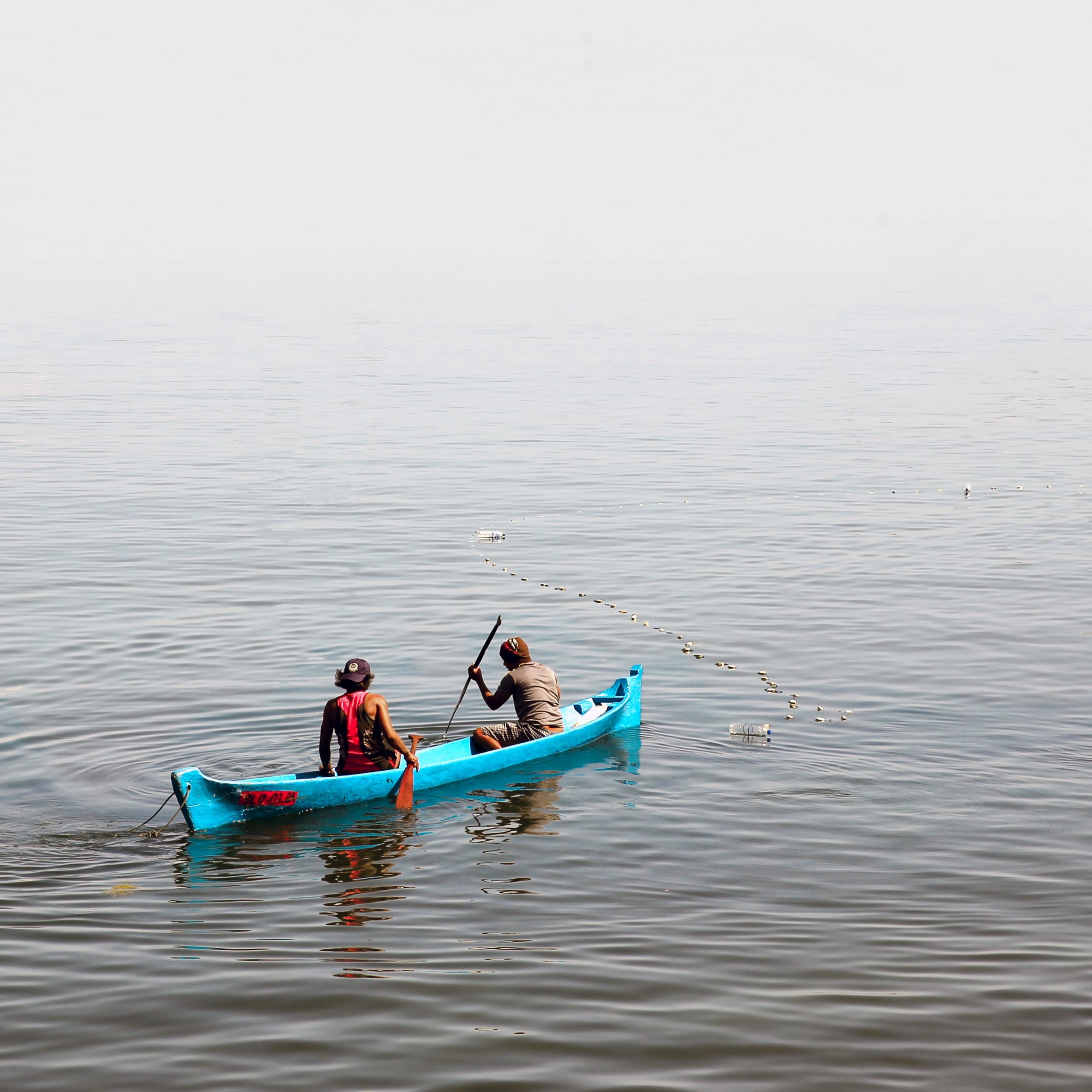
The Story of Fishing on Ataúro Island
Ataúro, a small island in the young country of Timor-Leste, is one of these fishing-focused countries. More than half of the people consider fishing their primary source of income and nutrition. Fishing was historically a job done by men on the island, especially given its traditional views on gender roles. However, when the source is limited, and the fishing industry is one of the only ways to make a living, the women take action as well. The lack of resources and an established workforce leads everyone in the community to work together. Women of the islands of Timor-Leste practice the traditional style of collecting aquatic foods, especially from seagrass and reef crests. Unfortunately, the women’s role in the welfare of these communities is often underrepresented.
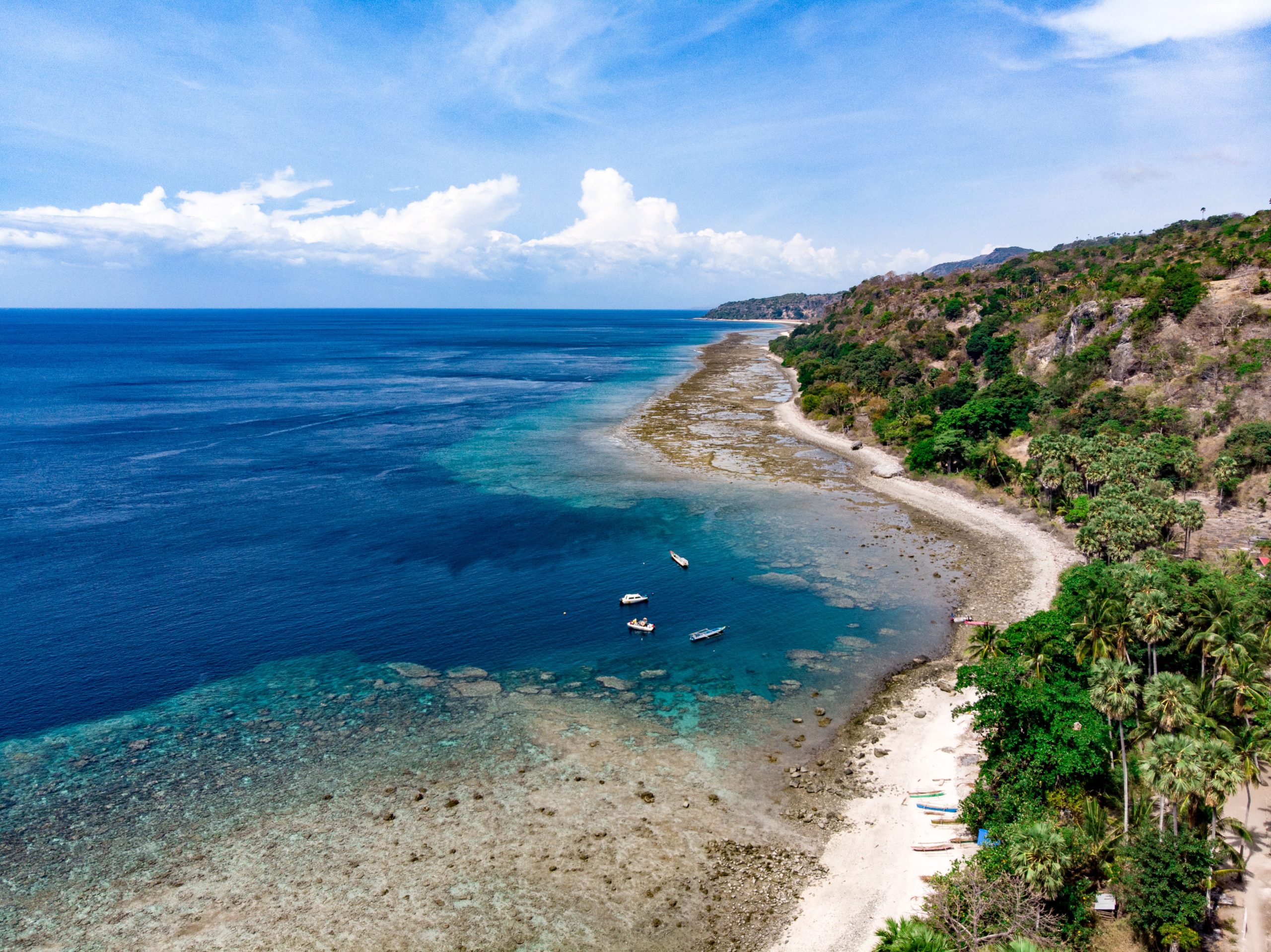
Women in Timor-Leste’s most preferred method of fishing is gleaning, a method of fishing in calmer shallow parts of the beach at low tide, typically with your hands. Women participate in gleaning for many reasons, such as food, income, or hobby. Some glean as a recreational activity for spending time with family and friends. To succeed, women follow environmental signals, communication, and local knowledge to target. It is impossible to glean all day for success, only during the tidal cycle of the sea, especially in the early mornings and evenings. On top of this, some of the women on the island go as far as hunting fish via harpoon gun, or other methods in the deeper waters. Regardless, fishing on Atauro Island has become a popular way for women to recreate for businesses, and the industry will hopefully grow and thrive in the future.
The Mermaids of Timor-Leste
The first international recognition of these hard-working women was with a 30-minute documentary called Wawata Topu – Mermaids of Timor-Leste. Wawata Topu pictures women’s daily lives and social challenges in Timor Leste. Additionally, it sheds light on how these small communities survive despite the challenges and how gender roles do not apply to sustaining life. It showcases the few women who started the tradition of women divers and their reasons behind it. For some it was to make a living, and others just wanted to have fun. The women are determined to make a brighter future via their fishing and the tradition being passed to their kids. The film won a few awards and does an excellent job displaying the impact these women have on the children, culture, and economy of Ataúro Island and Timor-Leste at large. We highly recommend checking it out to learn more.
The Future of the Wawata Topu
Even though the documentary helped with the recognition, it is not enough. Locals need to sustain their community, so there is a need for capacity-building and education. It is widely accepted that empowering women to make decisions is important to protect the fishing areas and the sustainability of the communities.The women and fisheries need to be included in the management and decision-making process. Many efforts have been made to improve small-scale fishing and women’s empowerment in Timor-Leste. Read more about it in Blue Ventures study. Hopefully future generations will be able to follow in the footsteps of these women and continue to bring prosperity to their island.
ATKOMA is working to support the women of Timor-Leste, including Wawata Topu, by using tourism to preserve and enhance cultural heritage such as this. As a visitor to our island, your contribution helps to signal the importance of this tradition and ensure that women are given additional livelihoods that benefit them for generations to come.
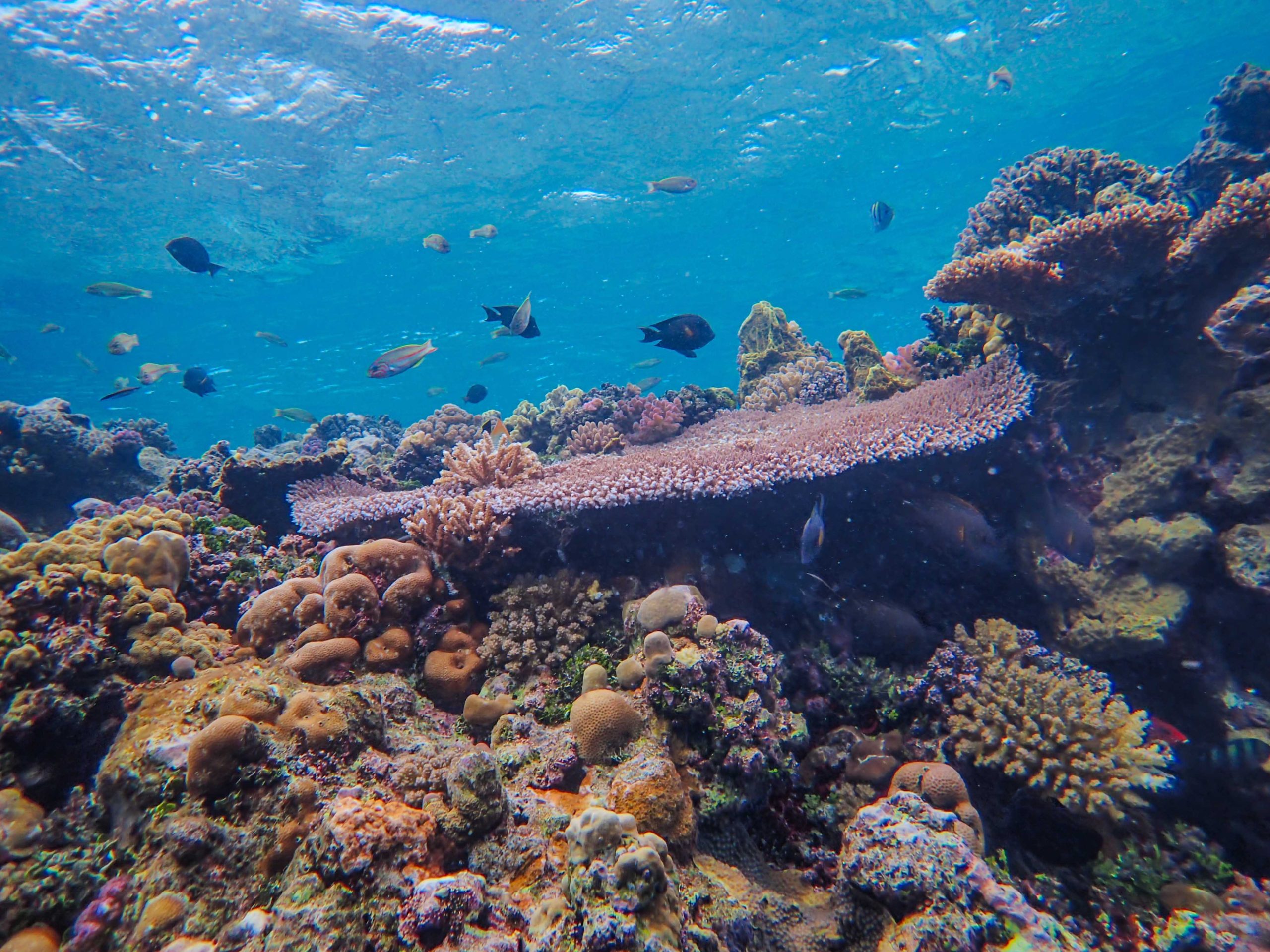
With such an avid fishing culture, Timor-Leste benefits from being situated in the western Pacific’s “Coral Triangle.” This area of the ocean houses over 600 species of coral, 2000 species of fish, and six of the seven marine turtle species. Needless to say, it is the most beautiful and richly biodiverse reef system on the planet, and is perfect for scuba and snorkel excursions. It is off the beaten path, but definitely worth a trip if you want a taste of remote tropical paradise.
For more information on Atauro Island, you can visit ATKOMA’s website. It provides information on how to get to the island, where to stay, and the best ways to enjoy the beautiful scenery that the Wawata Topu divers call home. Hopefully this article inspired you to push for more legislation on the small-fishing industry, and we hope to see you on the island sometime soon!
Blog by Ece Zivrali and Ethan Bollert
atauro, east timor, feminism, fishing, fishing industry, island, sustainability, sustainable tourism, timor leste, travel, wawata topu, women fishermen, women's empowerment

